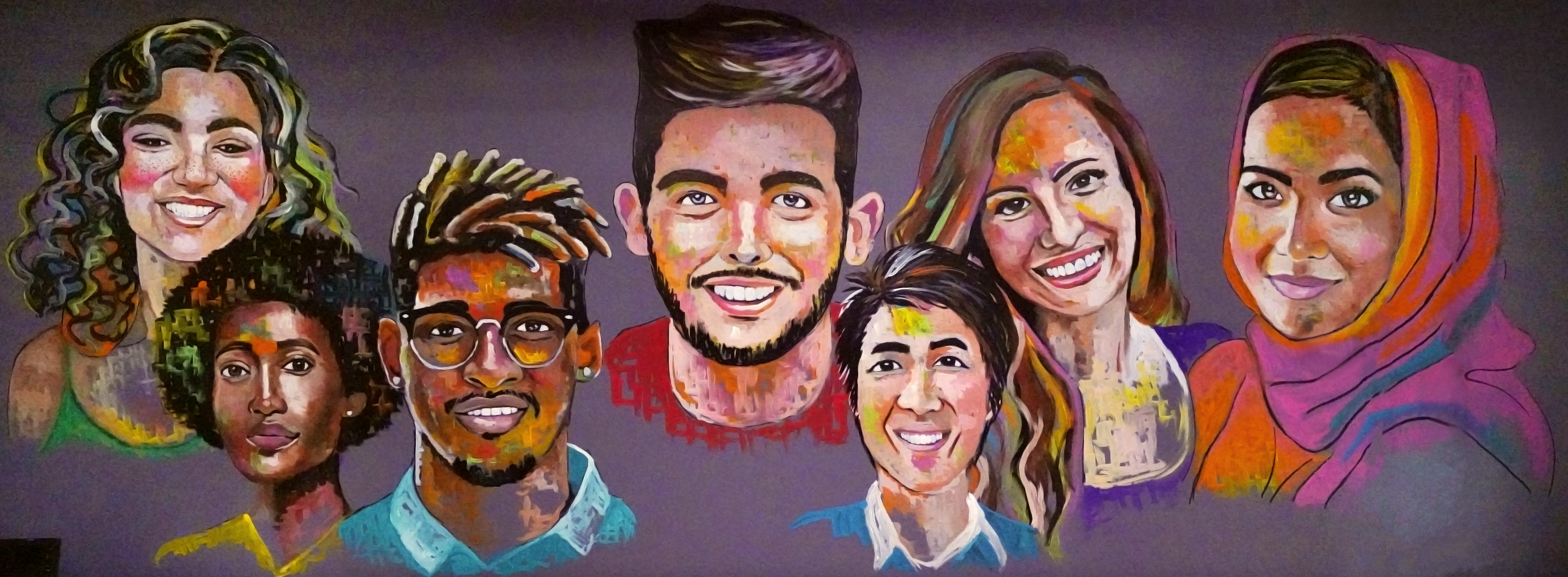December 2021
Sara Goldrick-Rab, Christine Baker-Smith, Eric Bettinger, Gregory Walton, Shannon Brady, Japbir Gill, and Elizabeth Looker
The COVID-19 pandemic is an ongoing critical challenge for higher education as students are struggling to complete their education and community colleges are struggling to identify practices to retain them. The potential for learning loss and significant life trajectory interruptions looms large. One
major challenge is that students are struggling to meet their basic needs while also suffering from anxiety, depression, and other mental health issues that may keep them from getting support. This study examines the efficacy of an intervention aimed at helping undergraduates connect to key resources,
including emergency aid and advising, that may lower their non-tuition expenses and improve their well-being.
